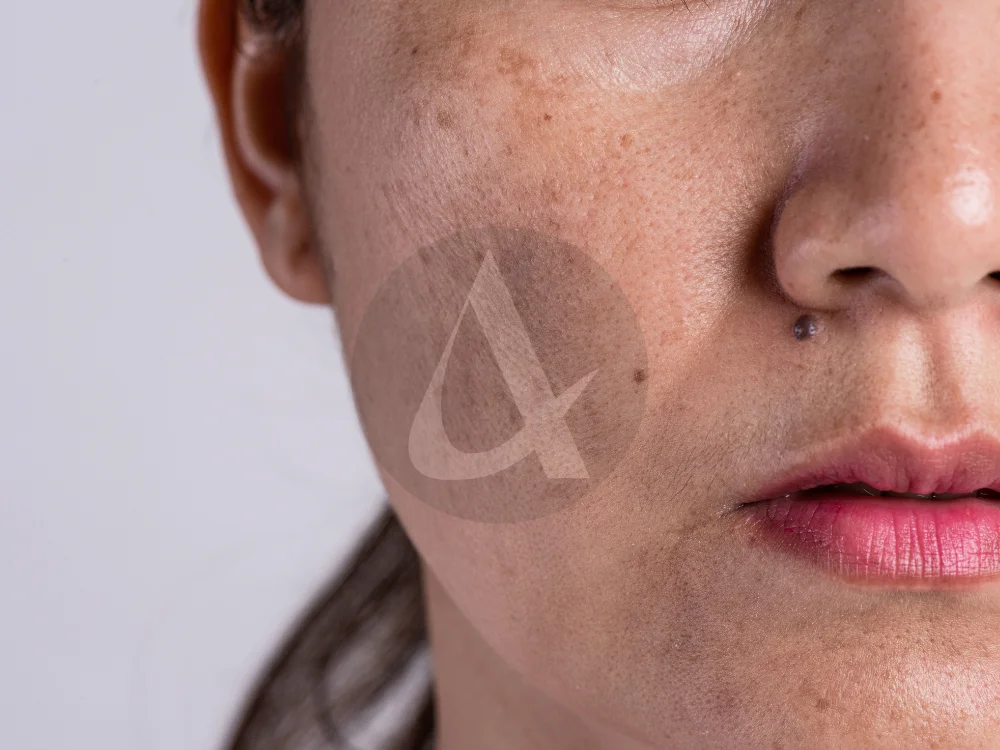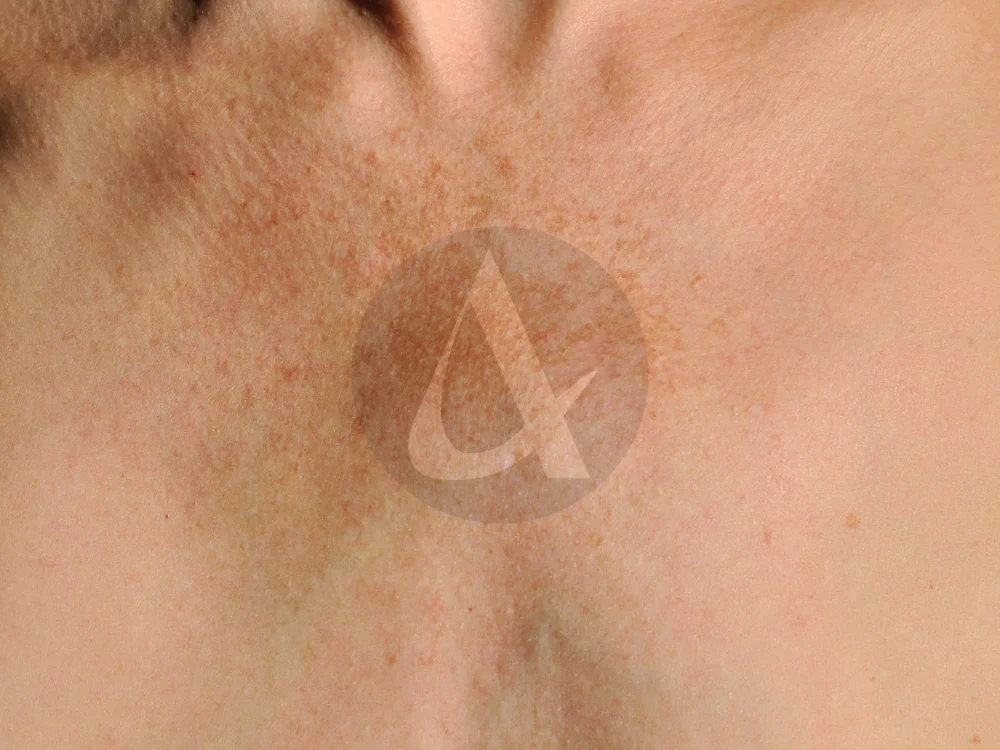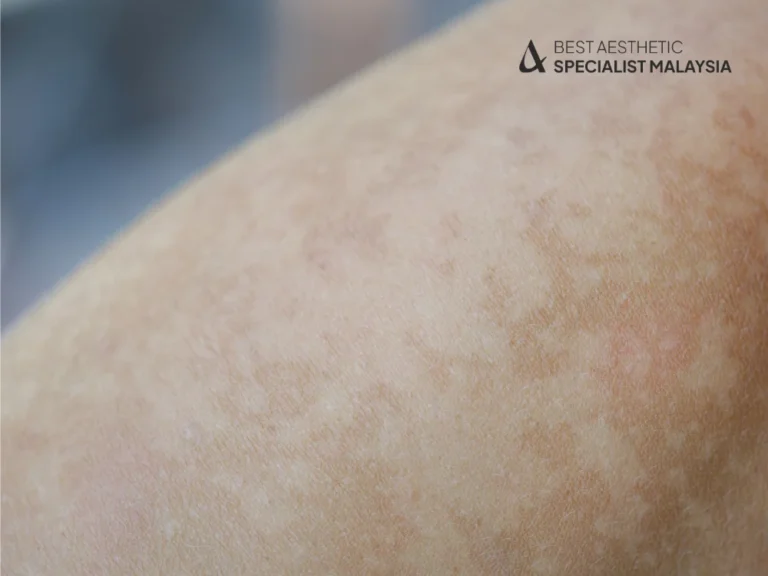Understanding Uneven Pigmentation
Uneven pigmentation is a common skin concern where patches of skin become darker than the surrounding area due to an excess of melanin production. This condition affects people of all skin types and can be influenced by a range of factors including sun exposure, hormonal changes, and inflammation. Understanding the root causes of uneven pigmentation can empower you to find the best treatment options to achieve smoother, more balanced skin.
What Causes Uneven Pigmentation?
1. Sun Exposure
One of the leading causes of uneven pigmentation is prolonged sun exposure. UV rays stimulate the production of melanin, which can create dark spots or patches, commonly referred to as sunspots or age spots. Consistent use of broad-spectrum sunscreen is essential to protect against this type of pigmentation.
2. Hormonal Fluctuations
Hormonal changes, especially during pregnancy or while taking oral contraceptives, can lead to melasma, a form of uneven pigmentation characterized by brown or gray patches. This condition often affects areas of the face such as the cheeks, forehead, and upper lip.
3. Post-Inflammatory Hyperpigmentation (PIH)
After a skin injury or inflammation (such as acne or eczema), the affected area may darken as part of the healing process. This is known as post-inflammatory hyperpigmentation, which can take months or even years to fade without treatment.
The Science Behind Melanin Production
Melanin is the pigment responsible for skin color and is produced by cells called melanocytes. When these cells are triggered—either by UV exposure, hormones, or skin trauma—they produce more melanin, resulting in areas of darkened skin. This uneven production leads to pigmentation issues that vary in size and intensity.

7 Effective Solutions for Treating Uneven Pigmentation
1. Sunscreen Is Non-Negotiable
Daily application of a high-SPF, broad-spectrum sunscreen is one of the most effective ways to prevent and manage uneven pigmentation. Look for sunscreens with ingredients like zinc oxide or titanium dioxide for maximum UV protection.
2. Topical Treatments
Several over-the-counter and prescription creams can help lighten dark patches:
- Hydroquinone: A powerful skin-lightening agent often used to treat hyperpigmentation.
- Vitamin C: Known for its antioxidant properties, it helps brighten the skin and prevent further damage.
- Retinoids: Encourage cell turnover and reduce the appearance of pigmentation over time.
3. Exfoliation for Skin Renewal
Regular exfoliation can help remove the buildup of dead skin cells that contribute to a dull complexion. Options include:
- Chemical Exfoliants: Such as alpha hydroxy acids (AHAs) and beta hydroxy acids (BHAs).
- Physical Exfoliants: Scrubs and brushes should be used with caution to avoid further irritation.
4. Professional Treatments
For those seeking faster results, professional treatments can be highly effective in addressing uneven pigmentation:
Laser Therapy
Lasers target melanin and break it down, which can reduce the appearance of dark spots over a series of treatments. Options include:
- Q-switched lasers
- Fractional laser resurfacing
Chemical Peels
Chemical peels use a potent acid solution to exfoliate the skin’s outer layer, revealing brighter, more even-toned skin underneath.

5. Microdermabrasion
This minimally invasive procedure uses fine crystals to exfoliate the top layer of the skin. It’s an effective option for reducing the appearance of mild pigmentation and can be combined with other treatments for enhanced results.
6. Natural Remedies
If you prefer natural solutions, there are ingredients that may help lighten pigmentation over time:
- Aloe Vera: Contains aloesin, which can inhibit melanin production.
- Licorice Extract: Known for its glabridin content, which helps lighten dark spots.
- Green Tea Extract: Rich in antioxidants that may reduce pigmentation when applied topically.
7. Lifestyle Changes for Prevention
Maintaining a consistent skincare routine and making lifestyle changes can prevent future pigmentation issues:
- Hydration: Drink plenty of water to support skin health.
- Balanced Diet: Foods rich in antioxidants (like berries and leafy greens) can help protect the skin.
- Avoid Picking at Skin: Picking or squeezing pimples can lead to post-inflammatory hyperpigmentation.
Prevention Tips to Avoid Uneven Pigmentation
To prevent uneven pigmentation from worsening or recurring, adhere to these skincare basics:
- Wear a Hat and Sunglasses: Provide additional protection against the sun.
- Stay Indoors During Peak UV Hours: Reduce direct sun exposure between 10 a.m. and 4 p.m.
- Gentle Skincare Routine: Avoid harsh products that can irritate the skin and lead to pigmentation.

FAQs About Uneven Pigmentation
1. What is the best treatment for uneven pigmentation?
The best treatment depends on the severity and type of pigmentation. For mild cases, over-the-counter products with vitamin C or retinoids can be effective. For more persistent cases, professional treatments like laser therapy or chemical peels may be required.
2. Can uneven pigmentation go away on its own?
Mild cases of uneven pigmentation, such as post-inflammatory hyperpigmentation, can fade over time with consistent skincare. However, more severe or stubborn pigmentation may require professional treatment to fully diminish.
3. Is uneven pigmentation permanent?
Not necessarily. With the right combination of treatments and preventive measures, uneven pigmentation can be significantly reduced or even eliminated.
4. How long does it take for pigmentation to fade?
The timeframe varies depending on the type and cause of pigmentation. Topical treatments may take several weeks to show improvement, while professional treatments can accelerate the process.
5. Can diet affect skin pigmentation?
Yes, a diet rich in antioxidants and hydration can help support healthy skin and potentially reduce the risk of developing pigmentation.
6. Are there any side effects to pigmentation treatments?
Potential side effects include redness, peeling, and sensitivity, particularly with chemical peels or laser treatments. Always consult a dermatologist before starting a new treatment plan.

